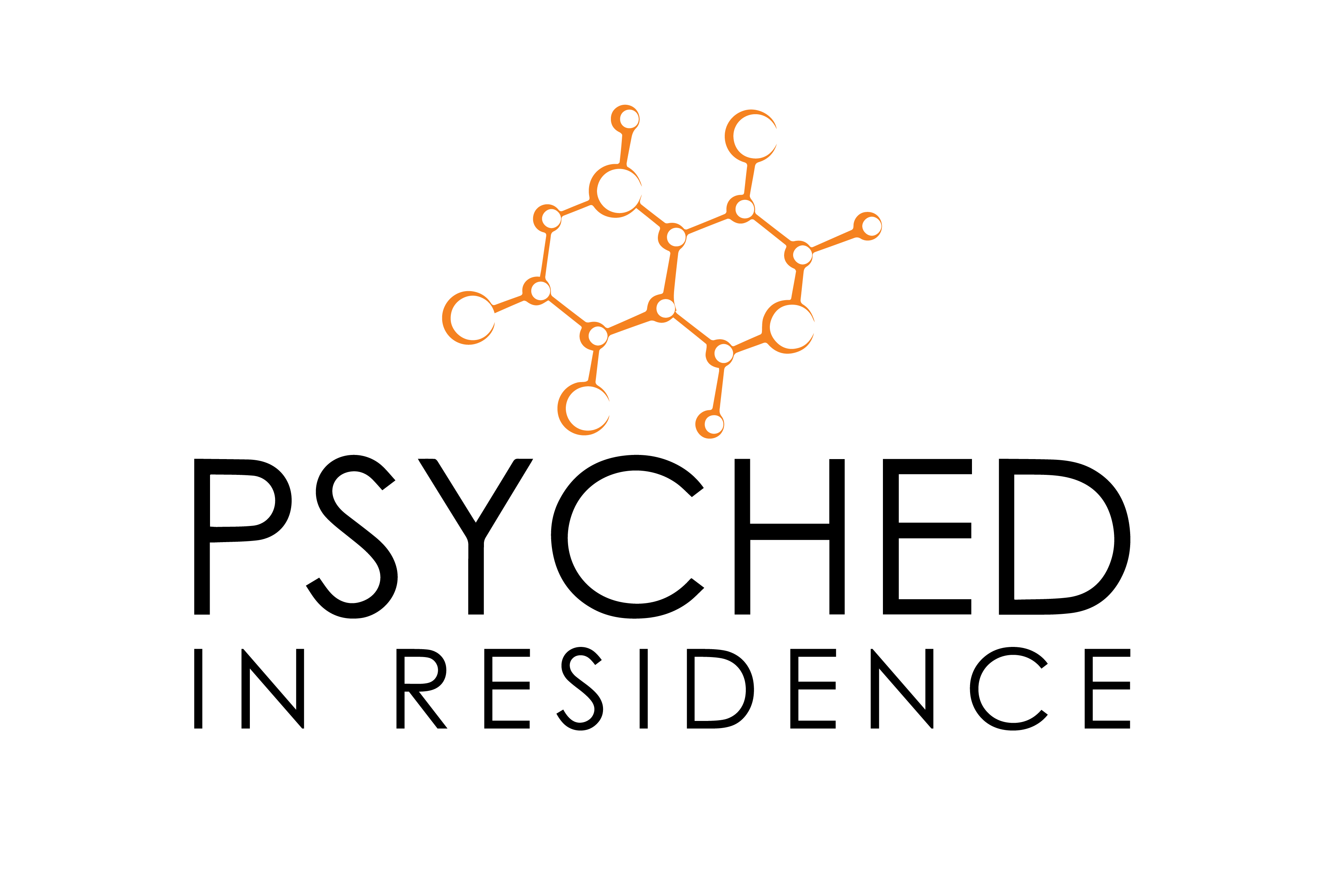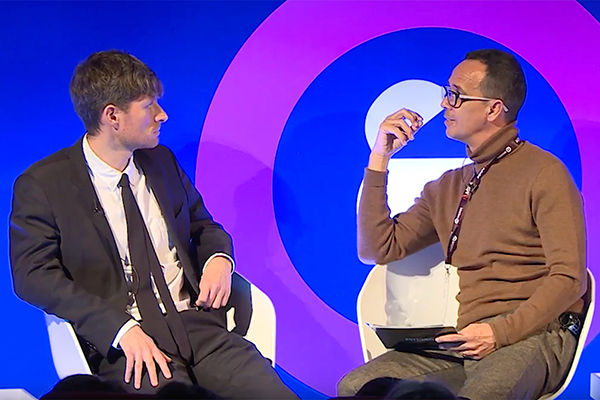The number of people with narcissistic personality disorder is thought to be rising, but what is it like to be raised by someone with this disorder? From manipulation to the need to always ‘perform’, psychotherapist Kathleen Saxton explains how NPD manifests in the parent-child relationship, with the toxic dynamic often continuing well into adulthood.
Last year I encountered an individual who I sensed was a narcissist within the first 30 minutes of speaking to them. There was not a hint of the grandiose narcissistic traits typically associated with people who suffer from this personality disorder, but instead a charming, introverted and passively defensive man.
The giveaway, then? His aching need to assert himself as both a hero and a victim. This mainly came in the form of his repetitive mention of the ‘sacrifices’ he’d made as a single father, despite it quickly transpiring that he had a full-time live-in nanny who was on duty from before the children woke to when she put them to bed (as well as undertaking all the cooking and cleaning). His victimhood emerged in tales of his ‘crazy ex-wife’ who had left him some years ago, admitting herself to a mental health hospital after suffering a breakdown he described as ‘self-pity’.
He had recently noticed his two children were becoming sad, hostile, anxious, entitled and depressed – or rather, their school had noticed it. He described one with great pride as ‘identical to me’ while the other was presented as ‘a little less intelligent, rather emotional and a lot like her mother’. It didn’t take long for it to become clear that his capacity for accountability or empathy was almost completely lacking.
“They need family members to affirm their false image and self-narrative”
Those diagnosed with narcissistic personality disorder – whether a partner, a boss or a parent
– can have a devastating impact on our lives, yet it largely remains a misunderstood disorder. In recent years, narcissism has become a popular slight, fuelled by pop psychology and the rise of well-meaning but often unqualified ‘TikTok coaches’. Anyone showing a modicum of grandiosity, selfishness or lack of empathy is labelled without a backward glance. It has not helped our evolution of understanding; instead, it has diluted the true devastation this mental health disorder has on the narcissist, their partners and their children.
While we all carry narcissistic traits, a narcissist often carries a dark emptiness and lack of self-worth in their inner world, driven by shame, subverted rage and resentment. They also tend to create a highly defended ‘masked’ false self in order to hide their true ‘unacceptable’ selves. This is usually accompanied by a delusional narrative about their wider life. They may be keen for you to hear of their wonderful upbringing, seamless marriage, strong sibling relationships, good health and financial success. There can be no bad news, nothing by which they fear you might look at them with any negative ideation. Positive reputation management is core to their lives. Why? To ensure they gain something called ‘narcissistic supply’ – admiration and validation that allows their inner fragile psyche to remain upheld.
Interestingly, psychotherapists are certain there is a growing number of undiagnosed individuals who would reach the stacking criteria required for formal diagnosis – estimated between 0.5% and 5% of the population. As a result, formal research into this disorder is growing and many psychotherapists (myself included) are starting to produce studies and literature to ensure victims and survivors are heard, believed and helped.
What narcissistic parenting looks like in action
One of the key identifiers of a narcissistic parent is the way they look at other people (and yes, even their children) as mere objects on their route to gratification. They require family members to affirm their false image and self-narrative. While in public, the family unit is expected to ‘perform’ like the von Trapp family. Even if there has been a major blow-up at home that morning, as the child you will be expected to be ‘on show’ to maintain the parent’s public narrative.
Narcissistic parents control their family through multiple means, including physical threats, angry outbursts, financial control and enforced expectations such as achieving perfect grades and insisting on certain physical appearances. Potentially the most damaging form is coercive control through psychological abuse such as criticism, unpredictability, playing favourites, withholding knowledge, guilt-tripping and creating constant anxiety. The result is that their family remains on tenterhooks around them, while they’re waving and smiling to the outside world.
Often, they will choose a ‘golden child’ who is slowly manipulated into fulfilling the narcissistic parent’s externalised wishes, serving as an extension of their ego. This type of parent is often specifically keen to demonstrate the golden child’s academic ability and physical attractiveness, often parading their achievements or photographing themselves together like a couple to seek validation on social media (with their actual partner and their other children curiously absent). Most disturbingly, something called ’emotional incest’ can also arise, where the narcissistic parent emotionally replaces the diminished partner by inappropriately confiding in and prioritising the golden child as a ‘quasi-partner’, making decisions together about the family home, the siblings and even finances.
Equally, there might be a ‘scapegoated child’ onto whom the parent projects their ‘dark, shadow self’. In many cases, this can look like the child showing signs of depression, fear or anger and the parent dismissing or chastising the child rather than enquiring as to what may be upsetting them. It is incredibly painful for the scapegoated child, and these are the individuals we most often see attend therapy in adulthood. Often, they will be suffering from difficulty in relationships with superiors, partners or those they deem as in some way governing them. It also can manifest as a codependent adult struggling to release themselves from someone whom they feel they ‘cannot let down’, having learned to prioritise others in childhood. Similarly, when the golden child becomes conscious of how a parent they may have idealised has manipulated them, they too can collapse emotionally. As a therapist, it is heartbreaking work.
“The two-way dance cannot continue if you stop moving”
Sadly, narcissistic abuse by parents doesn’t end in childhood. Adults of narcissistic parents can continue to be manipulated in multiple ways; the golden adult child might be plagued with frequent and overwhelming requests, expectations and demands by their parents – and made to feel guilty if you don’t drop everything and attend to their needs. Their achievements will also be paraded to their friends, while the adult child will be expected to praise the parent in equal measure, ensuring they’re given credit for their success.
Equally, the scapegoated adult child may find that nothing they do is ever deemed good enough or that they’re compared to the adult children of other people (and most certainly not favourably). Once again, they may play nice in public, but they will remain on the receiving end of criticism, complaints and dismissals in private. In fact, think Bridget Jones’s mother – a narcissistic parent if ever I’ve seen one, who both paraded, shunned, compared and ridiculed poor Bridget, despite her very best efforts to measure up to expectations.
Reshaping the relationship with a narcissistic parent
So, what can you do if you feel you may have a parent who has narcissistic personality disorder? Well for many, a relationship of some kind with your parents is either required or desired – and so, the first element to address is your own personal boundaries of time, space and engagement. Truly asking yourself what might allow you the elements of the relationship you want, without the damaging behaviours they can often bring. Limiting when, how and where you see them offers you the opportunity to call time when you sense they are starting to affect you. Being able to make it clear what you will and will no longer accept as their adult child, and practising consistency around that boundary, will most certainly help.
To do this, you need to be ready to demonstrate consequences (such as limiting time spent together) if they insult, offend or even smother you. Like raising a child, consistency of encouragement (when you feel the relationship and their behaviour are going well) is also key. For those in difficult situations, you can also learn the ‘grey rock method’, which involves showing no engagement or interest in their attempts to entangle you in a conversation or critique. The two-way dance cannot continue if you stop moving. In addition, psychoeducation is key – read as much as you can on the subject (I recommend Dr Ramani Durvasula’s It’s Not You: How To Identify And Heal From Narcissistic People) – as knowledge is such a wonderful tool to help support you and validate all you have experienced. Through this, you can start to identify what is truly happening and how, despite our parents being central to our story, we have a choice as adults as to what we allow into our worlds.
Stylist, March 2024








